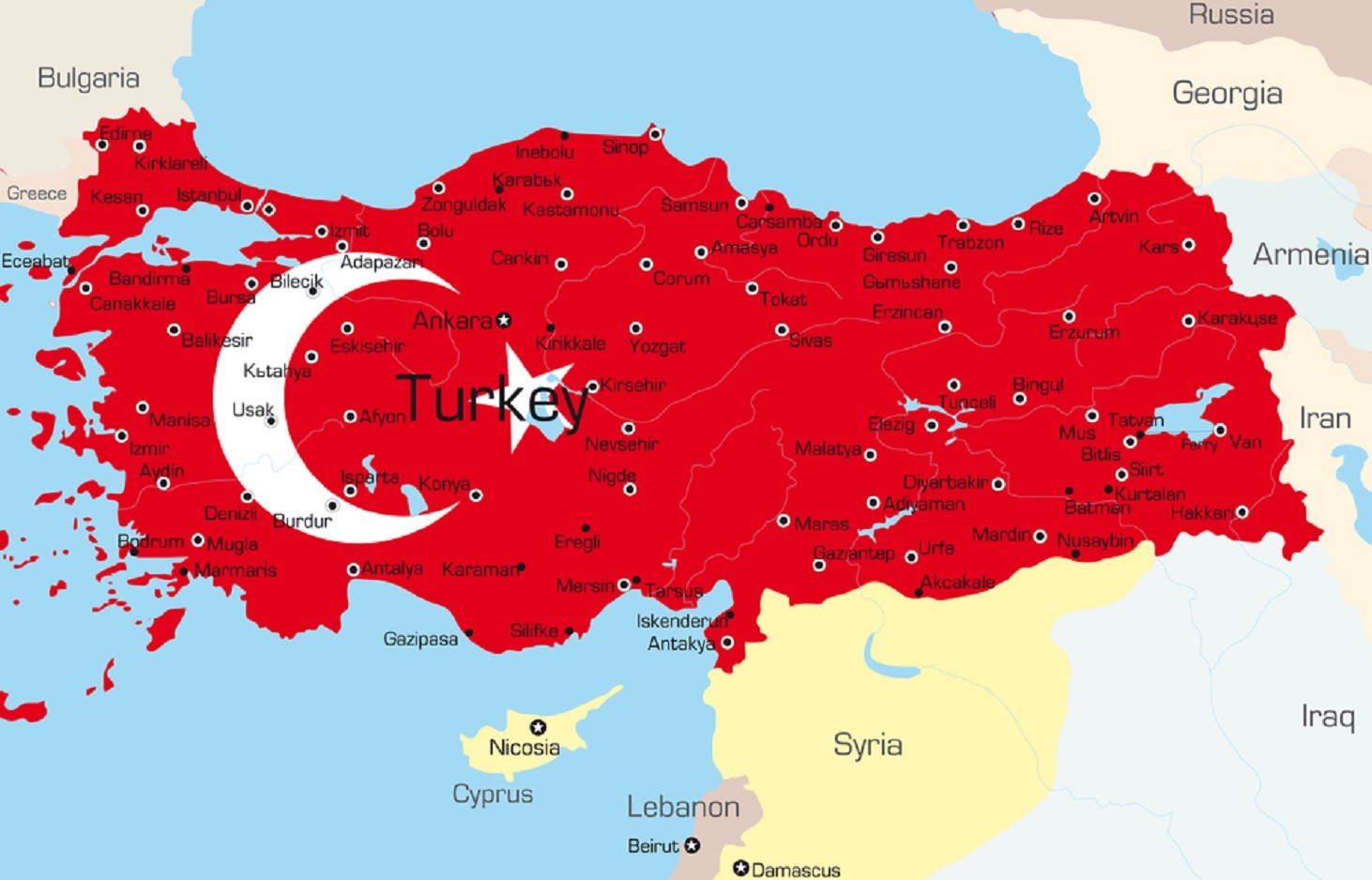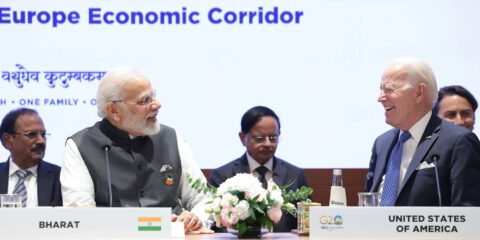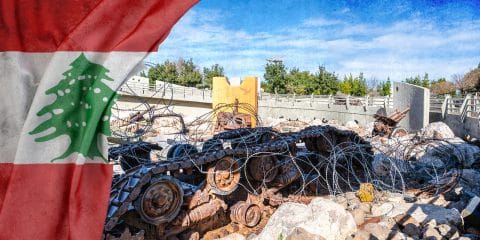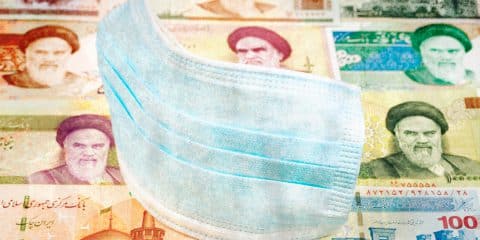Israel needs enhanced naval capability for the protection of its own EEZ and for the creation of a proper balance of power in the eastern Mediterranean.
President Erdogan of Turkey and the Prime Minister of Libya (in fact, of little more than Tripoli), Fa’iz al-Sarraj, agreed on November 27, 2019, that the Turkish Exclusive Economic Zones (EEZ) – extending diagonally across the Mediterranean – borders the Libyan EEZ. This would presumably cut off Egypt, Israel and Cyprus from Greece and Italy, casting a shadow on the planned energy projects. It also defies the emerging EMGF partnership.
Egypt and Greece took the lead in rejecting the legitimacy of this over-ambitious claim. Israel should lend a hand, particularly in Washington. At the same time, the option of a major LNG facility in Cyprus, which would not involve laying a pipeline in a disputed area, should be brought back into focus. And the broader lesson is that an enhanced Israeli naval capacity is a real need, not the matter of corrupt conspiracies.
Al-Sarraj’s writ does not run beyond the confines of the enclave in Tripoli, now under siege. He reached two agreements with Erdogan, relating to Turkish military support for the beleaguered “Libyan” government, and delineating a putative common border between the Exclusive Economic Zones of the two countries.
This bilateral agreement, which creates a bizarre diagonal corridor connecting Turkish and Libyan claims (and ignoring the large Greek island of Crete, among others), comes at the expense of obvious Greek rights. It is also openly and deliberately designed to cut off Israel, Egypt and Cyprus from Greece and Italy, and thus frustrate the plans of the EMGF (Eastern Mediterranean Gas Forum) and its members (Italy, Greece, Cyprus, Egypt, Israel, Jordan and the Palestinian Authority) to make use of the Mediterranean as a conduit for energy connectivity (among them, and between them and Europe).
Not without reason, Erdogan has come to see the EMGF as an act of a strategic encirclement and containment aimed at Turkey. Indeed, all seven members have in turn come to see Erdogan as a dangerous player driven ever further by ideological hatred. By announcing the Turkish-“Libyan” partnership at this stage, Erdogan is challenging the existing balance of power in the eastern Mediterranean. In more practical terms, it casts a long shadow over the future of the planned gas pipeline, now still at the stage of feasibility studies, connecting the Israeli, Cypriot and Egyptian gas fields with Europe.
The European Union, with a remarkable degree of unanimity, also has issued a statement (on Dec. 4) fully supporting the Greek and Cypriot position, criticizing Turkey’s actions, and demanding that the details of the still-secret Turkish-Libyan deal be made public and made “to conform to international law and geographic realities.”
The Turkish challenge needs to be met with robust countermeasures; bearing in mind that a military clash is not an option at this point in history. Turkey does not want a direct confrontation, and Israel even less so, given the two countries’ military capacity, geography and demographics. Cooperation with Egypt, Greece and the tiny Cypriot armed forces may not be enough to change the balance.
What can be done? In diplomatic and legal terms, Erdogan’s “diagonal” position is obviously weak (indeed, out of line with some obvious physical features, such as the island of Crete). With the Turkish economy already under severe strain, Erdogan cannot really afford another bitter dispute with the US and the West. He easily dismissed president Trump’s ill-worded letter, but he cannot safely ignore its actual content.
Egypt and Greece have already taken the lead in staking out the legal lines of battle, and their voice will be heard in Washington (and in Brussels). Still, in close coordination with her partners Israel should do her best to reach out to decision makers and opinion leaders, explaining the sheer “chutzpa” of the Turkish position and looking for levers of pressure that would persuade Erdogan to desist.
At the same time, a realistic assessment of European (un)willingness to take risks leads to the sad conclusion that effective action is unlikely. Thus, thought needs to be given (once again) to the option of building a major LNG facility in Cyprus, which could export by ship without any of the hindrances now faced by all who seek to lay a highly problematic pipeline at depths of 3,000 meters and more. Turkey must be made to understand that even with the Libyan “deal” (which anyway would be null and void once Haftar’s forces take Tripoli), Ankara does not hold the keys to the entire eastern Mediterranean region.
Beyond that, amidst the swirl of internal accusations in Israel about aspects of naval acquisitions from Germany, one verity stands out: the need for enhanced naval capability for the protection of Israel’s own EEZ and for the creation of a proper balance of power in the eastern Mediterranean. This need is not the invention of corrupt officials seeking a cut of the deal. It is a real need that will only become more acute in the years ahead.
JISS Policy Papers are published through the generosity of the Greg Rosshandler Family.
photo: Bigstock









 - בניית אתרים
- בניית אתרים